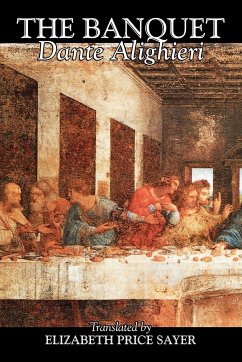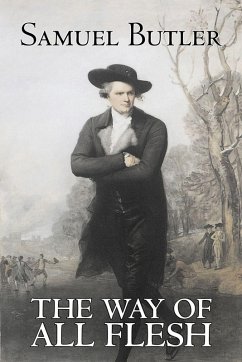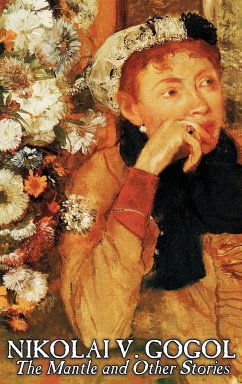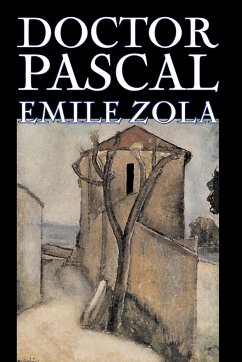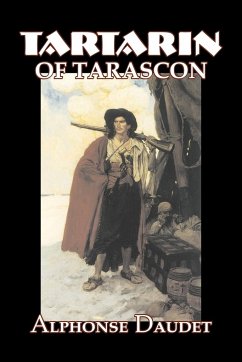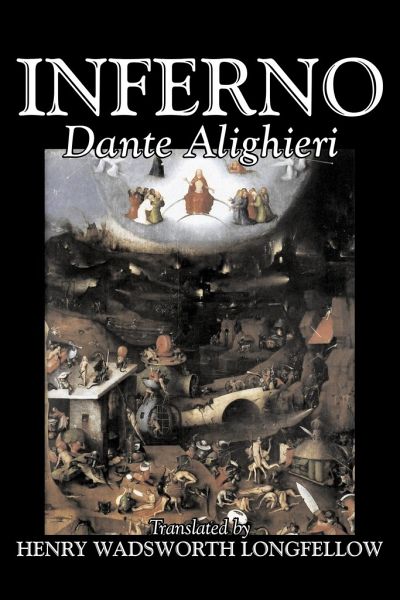
Inferno by Dante Alighieri, Fiction, Classics, Literary
Versandkostenfrei!
Sofort lieferbar
16,99 €
inkl. MwSt.

PAYBACK Punkte
8 °P sammeln!
"So full was I of slumber at the moment in which I had abandoned the true way . . . "O Muses, O high genius, now assist me! O memory, that didst write down what I saw, . . . thy nobility shall be manifest!" Immensely popular, and commanding a larger audience than any other poet in America, Longfellow produced a body of work which skillfully rendered European culture into terms his New World readers readily appreciated -- with his translation of The Inferno one of his most important offerings.



